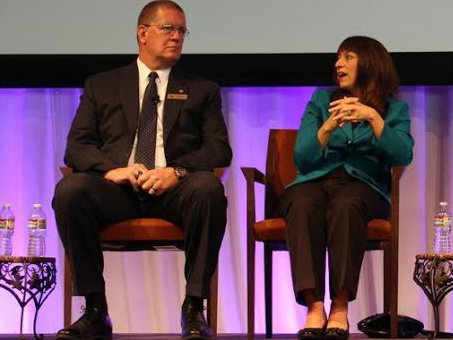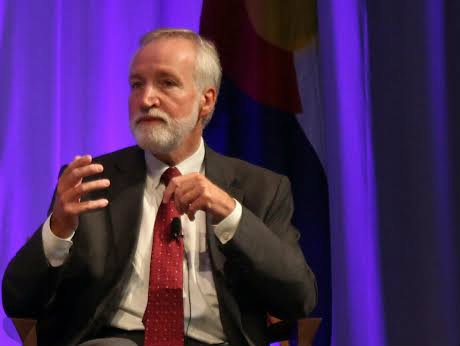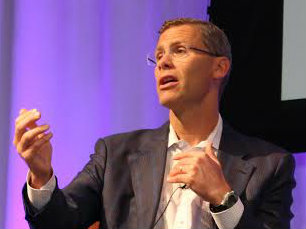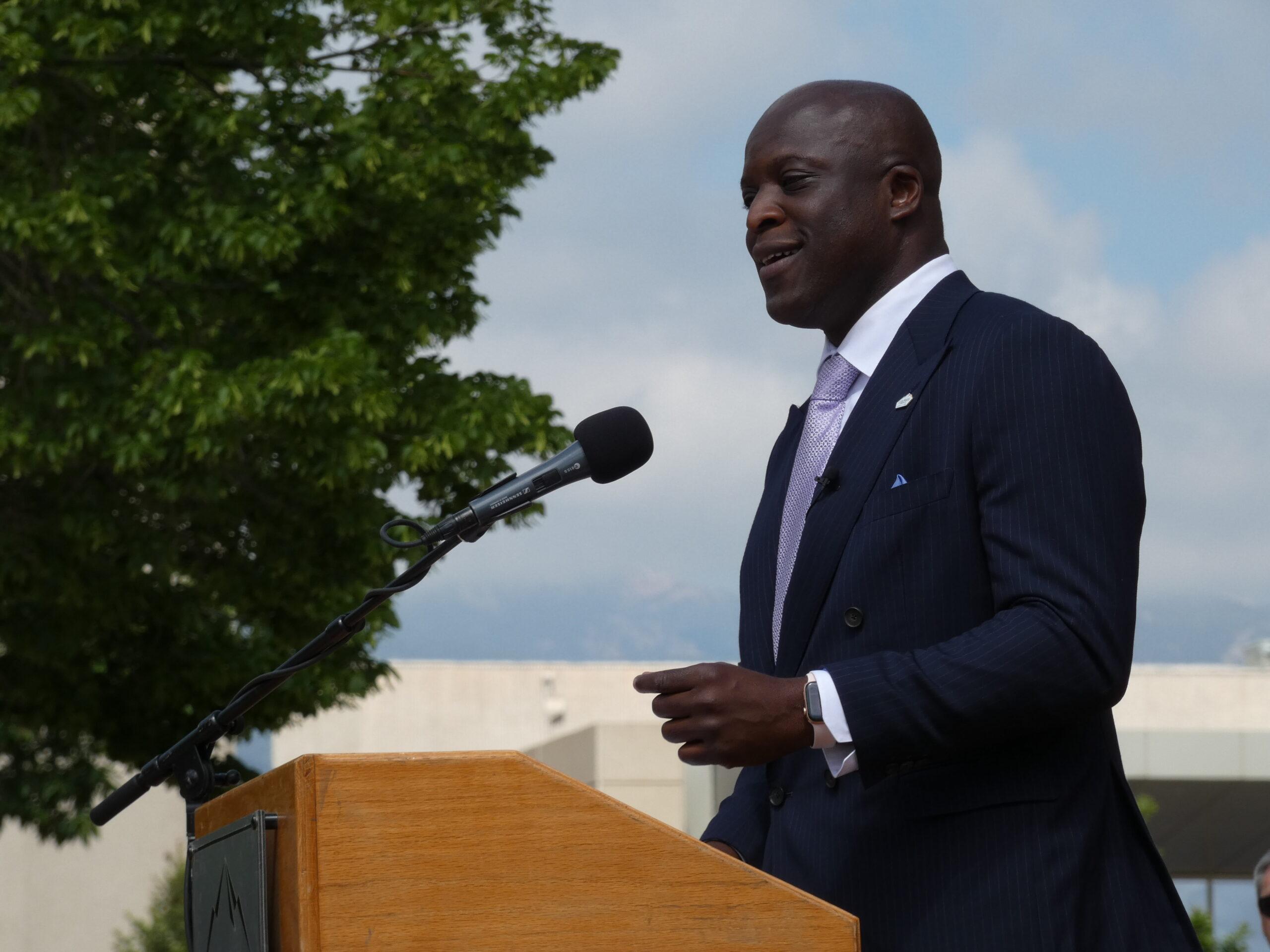
Public school superintendents across Colorado say the amount of time spent testing is cutting into teaching time in the classroom.
That was the consensus at Wednesday’s annual “Superintendent Forum: The State of Our Districts” sponsored by the Public Education and Business Coalition.
Seven superintendents from Colorado’s largest school districts and the superintendent from one small rural district talked about their challenges, ranging from shrinking budgets to implementing tough new academic standards and assessments.
Superintendents are embracing the more rigorous Colorado Academic Standards and the Common Core State academic standards. As Denver Superintendent Tom Boasberg described them, “they’re aligned to college, they’re narrower, they’re clearer, they’re deeper, they emphasize mastery, they emphasize problem solving, they emphasize real world application, the kind of thing I want my children to learn and to be good at.”
But superintendents are worried about the amount of time that’s spent in classrooms preparing for the tests that measure whether students are meeting those standards.

Cherry Creek Schools Superintendent Harry Bull said he knows school districts need to be held accountable but called the new standardized tests “overreach.”
“When are our teachers going to have the opportunity to teach students what it is that they’re being assessed on?" Bull asked. “Because we spend so much time talking about assessment and structuring our days around assessment that I would suggest that we are losing instructional time and our teachers don’t have that time to teach, which is concerning.”
He said he wished districts could “back off” some of the tests.
Bree Lessar, superintendent of the 210-student La Veta district, spun a rural analogy for what some of her teachers believe amounts to over-testing students.
“If we’re trying to fatten up the cow, we have to be careful how often we take them to the scale,” she said. “If you’ve got them at the scale, they’re not out at pasture [learning and growing].”
Lessar said she’s worried about the social studies and science tests that 12th graders will take in November. The tests, she said, will take between six and nine hours, including preparation. Yet teachers won’t see results until it is too late and students would rather be attending to schoolwork that will lead to improving their chances of getting into college.
“It’s not meaningful at this point in time,” she says. In rural areas teachers are taking on more than one job in a school, finding time to properly use the assessments to help instruction is difficult, she said.

Chris Gdowski, superintendent of the Adams 12 Five Star Schools, said he asked his principals what their teachers would say if asked which tests they’d jettison. He said most would say all of the tests give some useful information about where students are academically.
“What we need is more time,” he says.
He and several other superintendents say what’s needed are longer school days and a longer school year to get kids ready for college. But superintendents acknowledged lengthening the day and school year takes money and so far voters have rejected all statewide attempts to raise taxes.
Shrinking pool of teachers
Superintendents also discussed the shrinking pool of teachers, which has led to a situation where “we’re all fighting for the same teacher, when you really get down to it,” said JeffCo Superintendent Dan McMinimee.
Superintendents are frustrated that because Colorado sits near the bottom of per-pupil funding in the country, there aren’t the dollars to attract teachers to the profession, or to invest in existing teachers.

“As a state we have created an environment that’s not attractive to educators by creating unreasonable expectations on them within their classrooms, and high stakes assessments that are at times meaningless,” said Boulder Valley Schools Superintendent Bruce Messinger.
He says he’d prefer that the $36 million the state spends on assessments go instead into professional development.
Still, many districts are trying to do what they can to make the job attractive, such as empowering teachers to be decision-makers in schools.
Denver Superintendent Tom Boasberg described his district’s intensive efforts to “grow” teachers through district residency program. The district also works with existing teacher preparation programs to get students into classrooms to work with mentor teachers for an entire year.
Plea to lawmakers
Nearly all superintendents made a plea to lawmakers for money, but to let school districts decide how it’s spent.
“We need the money, but we do not need strings attached as to how we spend that money,” said Superintendent Bree Lessar of La Veta school district.
She said local school boards and local administrators know the specific needs of their districts.
“I say to my legislators, 'you didn’t sit with me when I cut that librarian because we didn’t have the funding for it,'” Lessar says. “And you didn’t sit with me and make hard decisions about what happens in our [school] kitchen because we need to divert money over to teachers’ salaries.”

Denver Superintendent Tom Boasberg said the fact that Colorado does not invest in full-day kindergarten is “shameful.”
“We as a state are not investing in our future,” he said, noting that Colorado has one of the widest achievement gaps in the country between white students and students of color. He said resources need to be targeted at children in poverty.
“We can’t pretend that all kids have equal needs,” he said. “They don’t.”









